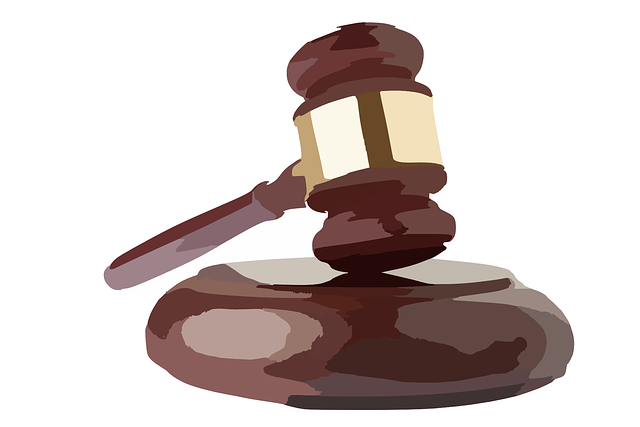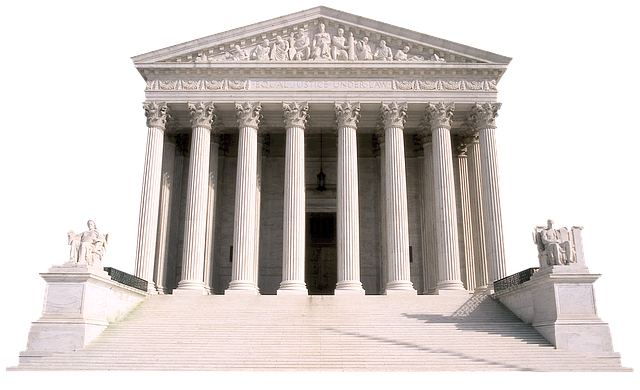Legal judgments play a pivotal role in dispute resolution within Marion County, offering finality and fairness through strict legal processes. Enforcing these judgments presents challenges due to diverse dispute types and interpretations, but strategic approaches can streamline the process. Prompt action, emphasizing delays' repercussions, coupled with tailored legal tools like motion procedures or contempt actions, ensures justice is served in Marion County disputes, where a comprehensive understanding of local legal frameworks is crucial for individuals and businesses to protect their rights.
Enforcement of legal judgments is a critical aspect of ensuring justice and resolving conflicts. This article delves into the intricate process, specifically focusing on Marion County’s unique challenges and strategies for effective enforcement. Understanding legal judgments and their enforcement mechanisms is essential in navigating Marion County disputes. By exploring real-world scenarios, we uncover common obstacles and propose actionable strategies to advocate for swift and fair resolutions, ensuring a more efficient judicial system.
- Understanding Legal Judgments and Their Enforcement in Marion County
- Challenges in Enforcing Legal Judgments: A Closer Look at Marion County Disputes
- Strategies for Advocating Effective Enforcement of Legal Judgments
Understanding Legal Judgments and Their Enforcement in Marion County

In Marion County, legal judgments play a pivotal role in resolving disputes, offering a sense of finality and fairness. These judgments are the outcome of legal processes, where evidence is presented, arguments are heard, and a court makes a decision to resolve a civil or criminal matter. Once a judgment is rendered, it serves as a binding directive that must be enforced to ensure justice. Enforcement involves taking concrete steps to collect debts, execute warrants, or implement any other provisions stated in the judgment.
Marion County’s enforcement mechanisms are designed to uphold the integrity of legal processes. This includes various methods such as wage garnishment, property seizure, and contemnor actions for non-compliance. The county’s court system works collaboratively with law enforcement agencies and collection services to ensure that judgments are enforced promptly and fairly. Understanding these procedures is crucial for individuals and businesses alike, as it empowers them to protect their rights and take proactive measures in the event of disputes, ensuring that justice isn’t merely an ideal but a tangible outcome in Marion County.
Challenges in Enforcing Legal Judgments: A Closer Look at Marion County Disputes

Enforcing legal judgments is a complex process, often fraught with challenges, especially in areas like Marion County. The unique circumstances and nuances of local laws can create a web of complexities that hinder the smooth execution of court orders. One significant hurdle is the diverse nature of disputes; from real estate transactions to contractual disagreements, each case demands tailored strategies for effective enforcement.
Marion County, with its vibrant yet complex legal landscape, often serves as a microcosm for these challenges. Disputes here can span various sectors, including business, family law, and property rights. The sheer volume of cases and the varying interpretations of laws by different stakeholders contribute to delays and complications in judgment enforcement. As such, a comprehensive approach is necessary to streamline this process, ensuring that legal decisions are respected and carried out promptly.
Strategies for Advocating Effective Enforcement of Legal Judgments

When advocating for the enforcement of legal judgments, particularly in Marion County disputes, a strategic approach is essential. One effective method is to emphasize the importance of prompt action. Delays can significantly hamper the enforcement process, so highlighting the urgency and potential consequences of tardiness can be persuasive. This includes presenting case law and statutes that underscore time-sensitive requirements and the adverse effects of non-compliance.
Additionally, utilizing specific legal tools tailored to Marion County’s judicial framework is crucial. These might include motion procedures, contempt of court actions, or asset seizure provisions. By drawing on these mechanisms and demonstrating their applicability to the dispute at hand, advocates can strengthen their case for effective enforcement. This strategic approach ensures that legal judgments are not merely theoretical but are diligently implemented, restoring justice in Marion County disputes.
